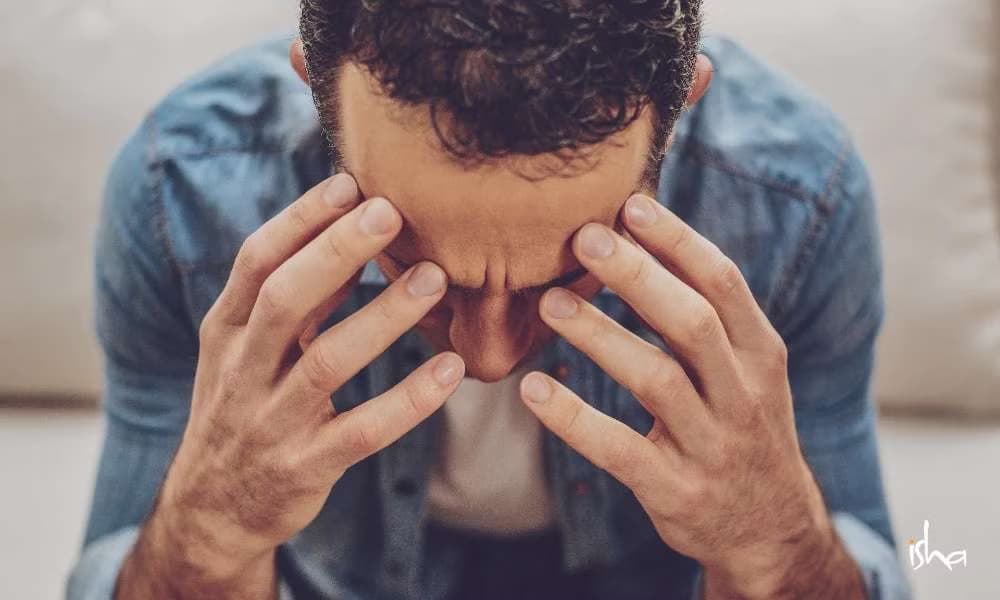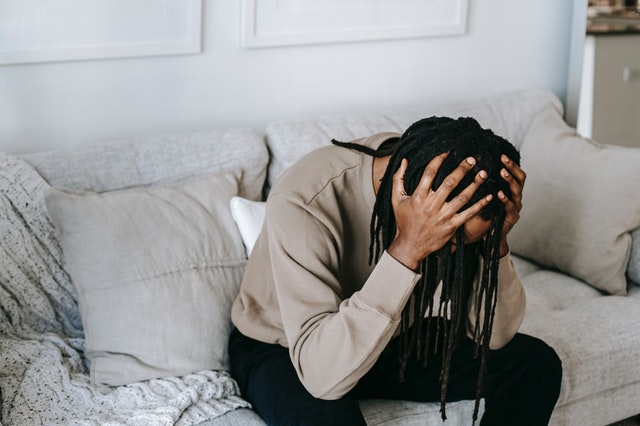Like any mental health condition, Obsessive-Compulsive Disorder (OCD) can manifest in many different ways. A common perception is that OCD is primarily related to order and symmetry. But it’s a complex disorder that can feel very different for each person who struggles with it. One variation, for example, is called Checking OCD.
As the name implies, someone with Checking OCD uses checking compulsions to counter their fear-based obsessions. They believe that the best way to prevent something bad from happening is to use compulsive checking rituals. Again, it can look different from person to person, but this basic premise is the consistent common thread.
The Checking OCD Cycle
It begins with the fear that you will do or say something that results in harm to yourself or others. A useful example is to envision someone who worries that they might do something like leave their stove when going out. The obsession may start with the stove but can soon lead to worries of a fire that will hurt others. You may clearly recall turning off the stove, but just cannot trust your own memory.
Thus, the compulsions kick in. This may involve multiple checks of the stove and appliances. Since memory distrust is present, you might still go back inside to check again before or even come back solely to check the stove. A person with Checking OCD could take a photo of the stove not being on but still feel the need to check again.
For the record, Checking OCD can relate to countless obsessions. Worrying about the stove is just an illustrative example.
The Impact of Checking OCD
According to the World Health Organization (WHO), Obsessive-Compulsive Disorder is one of the ten most debilitating medical conditions in the world. Obviously, this means it will affect your life on a daily basis.
For those dealing with Checking OCD, the impact can be particularly severe. When obsessed with checking, it can feel impossible to be present at work, school, or with loved ones. It can impact one’s physical health while also leading to thoughts of self-harm. Needless to say, getting help with Checking OCD is critical.
How to Cope With Checking OCD
Working with mental health professionals is necessary. But, in tandem, there are daily self-help steps you can take to help ease the impact. This may include:
1. Do Not Identify With OCD
You are not the disorder and not a defective human. It’s something you’re dealing with, but it does not define you.
2. Practice Trusting Yourself
Keep diligent records of how many times you were right. How often did the OCD tell you the stove was still on or the door was unlocked but it was lying? Use these records to build confidence in your own memory and reduce the amount of checking you do.
3. Call an Obsession By Its Name
When a voice in your head tries to convince you that you forgot something and something bad will happen, as a result, identify it. It’s an obsession. It’s not the truth.
4. Alter How You Check
You checked the door and clearly saw that it was locked. As you drive to work, something tells you it is open. Don’t give in right away. Take 10 seconds or, even better, take a minute to let the obsession lose its power. Even if you end up driving back to check, keep this going. Next time, wait longer. Eventually, don’t go back at all.
You Will Need a Professional Ally in This Process
Checking OCD cannot be solely self-managed. Your commitment is crucial and can make a huge difference. But you will also need a therapist who is there with you during the process. Let’s connect and talk more about this soon, anxiety therapy can help.





